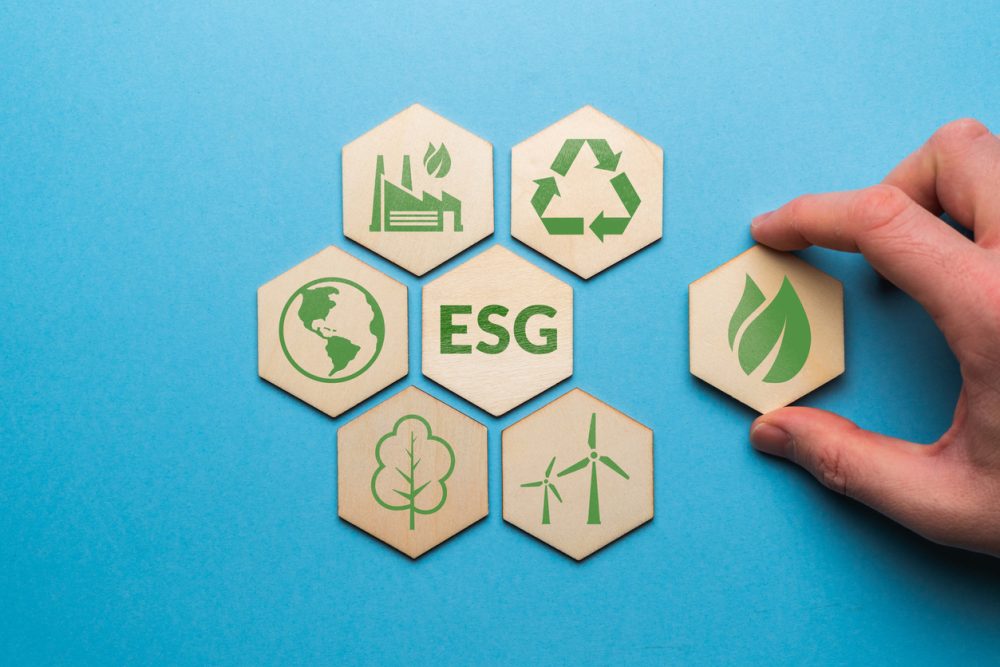Gil’s Musings
Resist ESG Investing

Environmental, Social & Governance (ESG Investing) is the new popular trend in investment evaluation whereby investors use non-financial factors to screen investment options. As it gains popularity for its feel-good effects, it is currently enjoying outsized results as investors jump on the bandwagon. But as ESG separates its winners and losers, as is clearly the intent, the best investment values in the future will need to be avoided to maintain one’s “score.” This will turn economics on its head, and high ESG scores will eventually become an impediment to financial results.
The ESG investing crowd has the oil industry in its crosshairs, and you can see what is happening to energy prices at least partially as a result. ESG is highly politicized as well, and when the politburo oversees the completely opaque scoring system, what could go wrong?
A fresh scandal hot off the presses this week proves my point. An ex-employee of Deutsche Bank’s DWS Asset Management has blown the whistle on the firm, alleging broad “greenwashing” of investment prospectuses. The firm is accused of advertising funds as “particularly green” when they really were not. The firm likely had dollar signs in its eyes, since ESG funds typically have higher fees and are thus more profitable for fund managers than their similarly invested brethren.
Capitalism is an individual sport, not a team sport. ESG is an attempt to add collectivism to a system in which harmony is derived from each investor and each business leader making decisions that best affect them and those to whom they are responsible. Community responsibility already exists in that calculus and elevating it with a scoring system from third parties with no economic interest in the outcome will disrupt the harmony that the system relies upon to maintain equilibrium. Not only should ESG be resisted, but it should also be fought. Let’s look at an illustration.
Farmers have been tilling fields for thousands of years. Based on their soil, climate conditions and market conditions, they have learned to rotate their crops to make sure they don’t deplete the soil of its natural minerals. Some crops are additive to soil; others are depletive. Farmers also invest in equipment specific to their type of farming, and they feed byproducts like cornstalks to their livestock, further enhancing their ecosystem. Farmers are also keenly aware of what crops their land will like at the time and they maintain keen awareness of the marketplace for the crop they think they should grow.
Enter ESG. Let’s say the state has hired a new farming czar. The czar is empowered to “encourage” certain aspects of farming over others, like penalizing users of diesel-powered machinery or restricting access to certain seed types. Suddenly, the interests of the state are now paramount to the interests of the farmer. Crops also now have a scoring system based on how “good” or “bad” they are according to the goals of the czar, not based on how the market sets equilibrium price based on quality, abundance, scarcity, and demand. It would not be long until the czar wrecked the farming business.
ESG investing has a place in the mind of all producers and consumers as they consider how they produce and consume. It simply has no place in establishing rules for the marketplace and the scoring system should be tarred and feathered.
Please see IMPORTANT DISCLOSURE information.